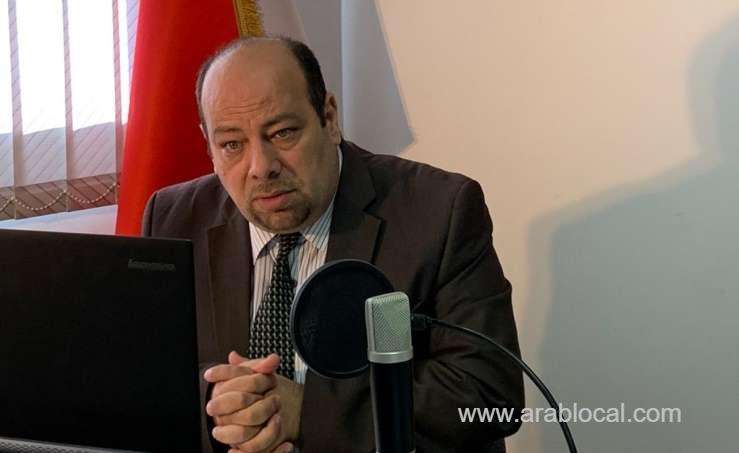
The Bahrain Institute for Political Development (BIPD) has held a training workshop on the stages of the development of the Bahraini political system, conducted by BIPD’s political consultant, Khalid Fayyad.
The two-day virtual workshop, in which more than 300 public sector employees participated, is the last in a series of events held within BIPD’s Political Skills Programme.
The workshop featured four main themes that shed light on the development of the political system in the Kingdom of Bahrain.
The first theme focused on the political system prior to the declaration of the state. It gave an overview of the government institutions at that time, including the establishment of a political administration in 1919, through setting up municipal councils, to be responsible for administrative affairs, the Administrative Council in 1956 during the era of Shaikh Salman bin Hamad Al Khalifa, and the State Council in 1970.
The second dealt with the development of the political system after the declaration of the state, covering the 1971-1999 period. It highlighted the sovereign measures taken to end the political and military agreements regulating relations with Britain, joining the Arab League and the United Nations, and the establishment of the Constituent Council, the National Council and then the Shura Council.
The third theme tackled the political system during His Majesty King Hamad bin Isa Al Khalifa since 1999. It gave an overview of HM the King’s comprehensive development project, including the National Action Charter and constitutional amendments which led to the establishment of judicial institutions, especially the Constitutional Court, the National Audit Office, municipal councils and the Supreme Council for Women.
The same theme also highlighted the issuance of many modern laws that contributed to developing the political system, including those related to electing municipal councils’ members, exercise of political rights, Shura and Representatives council, political societies and amendments to civil society associations’ laws.
The last theme reviewed the achievements attained as a result of the development of the political system in the kingdom. It shed light on women’s gains during the last two decades, the development of political participation during five electoral sessions of the Representative and municipal councils, political societies and NGOs.
SOURCE: BAHRAIN NEWS AGENCY